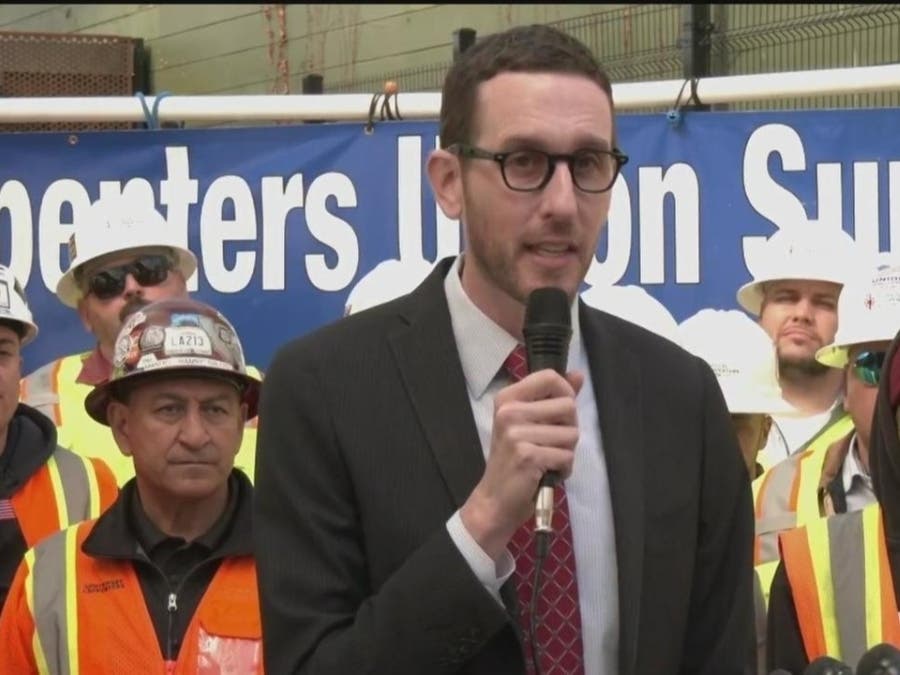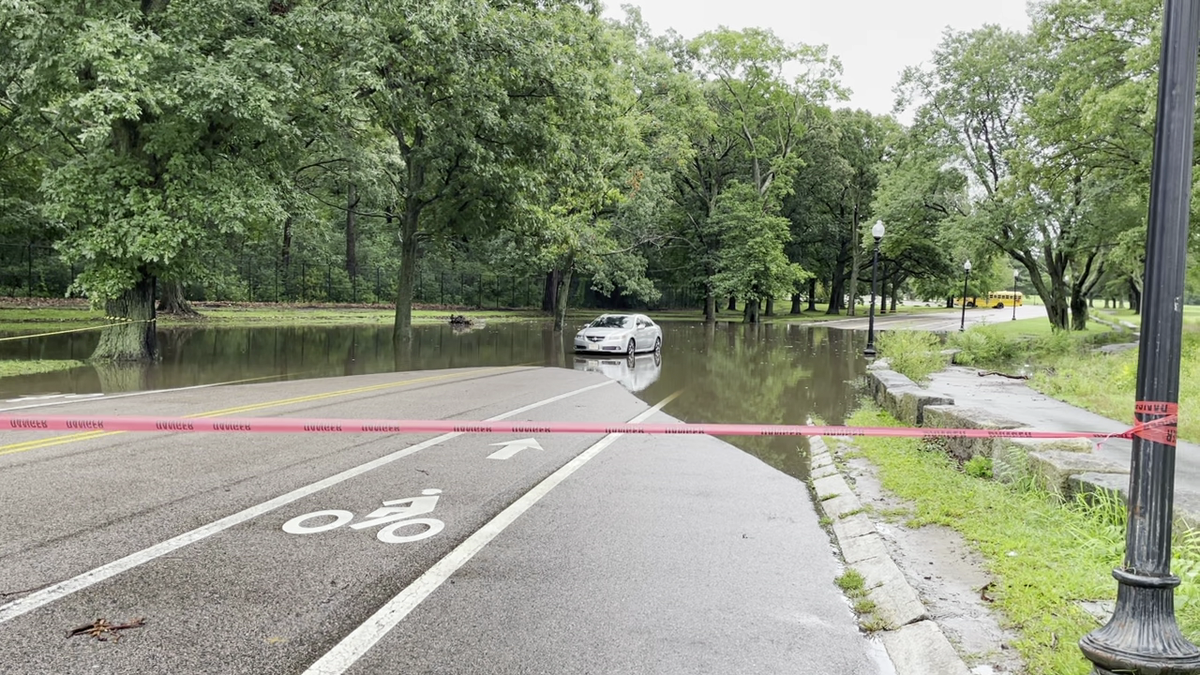Dutch Housing Shortage: The Impact Of Delays In Converting Vacant Buildings

Table of Contents
Bureaucratic Hurdles and Planning Permission Delays
Navigating the Dutch planning system for building conversions is often a lengthy and complex undertaking, resulting in significant project delays and contributing to the ongoing Dutch housing shortage.
Complex Permitting Processes
The process of obtaining the necessary permits for converting vacant buildings into residential units is notoriously time-consuming. This is due to several factors:
- Lengthy application processes: Applications often require extensive documentation and multiple revisions, extending the timeframe significantly.
- Strict regulations and building codes: The Netherlands has rigorous building codes and regulations that must be meticulously adhered to, adding complexity and potential delays.
- Requirement for multiple approvals from different government bodies: Securing approval often involves navigating various government agencies, each with its own processes and timelines, leading to further delays.
Lack of Transparency and Communication
Insufficient clarity regarding the application process and timelines further frustrates developers and increases project delays. Issues include:
- Limited online resources and information: A lack of readily available, user-friendly online information makes it difficult for developers to understand the requirements and timelines.
- Poor communication between developers and government agencies: Inefficient communication channels and a lack of proactive updates from government agencies lead to uncertainty and delays.
- Unpredictable review times: The inconsistent and often unpredictable review times for applications add to the overall uncertainty and frustration.
Financial Constraints and Investment Challenges
Converting vacant buildings presents significant financial hurdles, directly impacting the ability to alleviate the Dutch housing shortage.
High Conversion Costs
Renovating and converting vacant buildings can be exceptionally expensive, demanding considerable upfront investment. These high costs include:
- Expensive remediation work (e.g., asbestos removal): Many older buildings require costly remediation work to address issues like asbestos removal before conversion can begin.
- High labor costs: The skilled labor needed for these complex renovations commands high wages, further increasing project costs.
- Strict environmental regulations: Adhering to stringent environmental regulations adds to the overall cost of the conversion project.
Difficulties in Securing Financing
Developers often struggle to secure loans and financing for building conversion projects due to perceived risks and uncertainties, further hindering efforts to solve the Dutch housing crisis:
- Limited government incentives for building conversions: A lack of sufficient government incentives makes these projects less financially attractive to developers.
- High interest rates: High interest rates make borrowing more expensive, increasing the financial burden on developers.
- Risk of unforeseen costs during renovation: The inherent risks of uncovering unexpected issues during renovation make lenders hesitant to provide financing.
Social and Environmental Considerations
Beyond the bureaucratic and financial challenges, social and environmental factors also play a crucial role in delaying vacant building conversions and worsening the Dutch housing shortage.
Community Resistance to Development
Local residents may oppose conversion projects, resulting in delays or even cancellations. Concerns often include:
- Concerns about increased traffic and noise: Increased traffic and noise levels are common concerns among residents near proposed conversion sites.
- Impact on local amenities and green spaces: Residents often worry about the impact of new developments on local amenities and green spaces.
- Lack of community consultation during planning stages: Insufficient community engagement during the planning stages can lead to increased resistance and delays.
Sustainable Conversion Practices
Integrating sustainable building practices into conversions can be beneficial in the long run, but it can also significantly increase the time required for completion. This includes:
- Need for energy-efficient upgrades: Upgrading buildings to meet energy-efficiency standards is crucial but adds to the project timeline.
- Implementing green building technologies: The incorporation of green building technologies adds complexity and potentially delays the project.
- Ensuring compliance with sustainability standards: Meeting various sustainability standards adds another layer of complexity and requires additional time for compliance.
Conclusion
The Dutch housing shortage is a multifaceted problem, and delays in converting vacant buildings significantly exacerbate the crisis. Addressing bureaucratic hurdles, improving access to finance, and fostering community engagement are crucial steps towards accelerating this process and finding effective solutions to the Dutch housing crisis. By streamlining planning permission procedures, offering better financial incentives, and prioritizing sustainable yet efficient conversion practices, the Netherlands can effectively utilize its existing building stock to alleviate the pressure on the housing market and create a more sustainable and affordable housing future. Let's work together to find innovative solutions to overcome the challenges and build a more sustainable and affordable housing future. We need to actively address the impact of delays in converting vacant buildings to alleviate the Dutch housing shortage.

Featured Posts
-
 Will Jacob Wilson Breakout Poll Results And Expert Predictions
May 28, 2025
Will Jacob Wilson Breakout Poll Results And Expert Predictions
May 28, 2025 -
 Divorce Battle Bianca Censoris Reported Struggle Against Kanye Wests Influence
May 28, 2025
Divorce Battle Bianca Censoris Reported Struggle Against Kanye Wests Influence
May 28, 2025 -
 Pepper Premiere Your Guide To Pepper 96 6 Fm
May 28, 2025
Pepper Premiere Your Guide To Pepper 96 6 Fm
May 28, 2025 -
 Western Massachusetts Rainfall Climate Changes Growing Influence
May 28, 2025
Western Massachusetts Rainfall Climate Changes Growing Influence
May 28, 2025 -
 Amorims Man Utd Decision Leaves Garnachos Future In Doubt Liverpool Emergence
May 28, 2025
Amorims Man Utd Decision Leaves Garnachos Future In Doubt Liverpool Emergence
May 28, 2025
